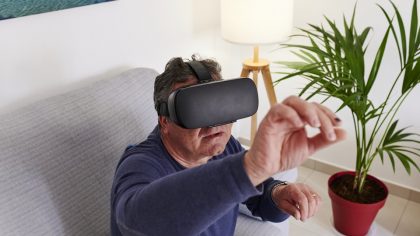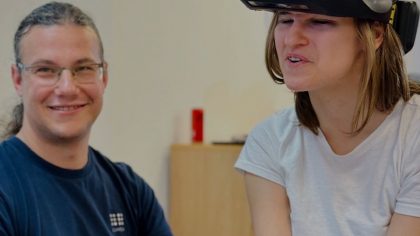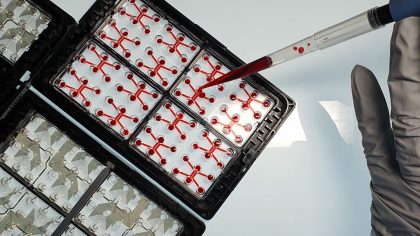The perilous charms of relational AIs
● Certain AI systems are designed to interact with people in a manner that mimics the language of human attachment. Their capacity to trigger deep-seated psychological mechanisms is potentially dangerous.
● Their growing realism can lead to forms of dependency, leave users vulnerable to manipulation and reduce their interest in real-world romantic relationships.
● The mental health risks involved in AI companionship will need to be addressed by technical and legal safeguards.
Read the article
● Their growing realism can lead to forms of dependency, leave users vulnerable to manipulation and reduce their interest in real-world romantic relationships.
● The mental health risks involved in AI companionship will need to be addressed by technical and legal safeguards.



Virtual reality for addiction treatment: The importance of social plausibility in simulated situations.
Read the article
Are we all “addicted” to our screens? A socio-historical look at how digital technology has been pathologised through the prism of addiction.
Read the article
WeWaLK, .lumen: AI simplifies mobility for the blind and partially sighted
Read the article
Biodiversity in lakes: multimodal AI crunches eADN data to monitor pollution
Read the article
